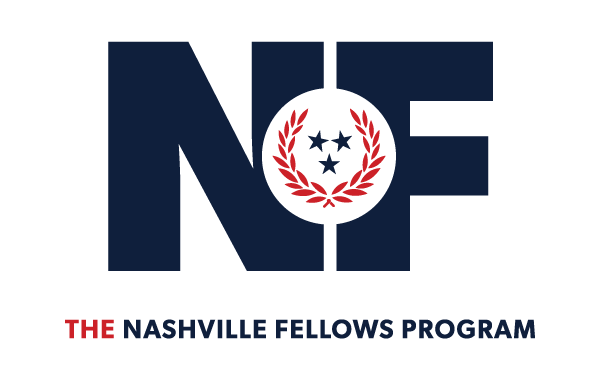A FOUNDATION FOR FREEDOM BY Emily Elder
Recently I’ve been thinking a lot about freedom and its true definition. Amidst classroom discussions on politics, church doctrine, and the theology of our bodies, it seems important to nail down what this concept really means. What does freedom look like?
I think many people in today’s society would assert that freedom is being able to strive after whatever goal we want. There may be some loose constraints to this freedom: don’t physically hurt others, don’t steal, don’t cheat (or maybe, don’t get caught cheating). But largely, we live in an era where freedom means that most things are permissible and encouraged.
From this perspective, the ‘constraints’ of Christianity seem absurd and unreasonable. Christianity seems to add even more rules, and I’ve often heard people describe Christians as legalistic, puritanical, and outdated. I’ve even used some of these words myself to describe Christians. Throughout college I often skipped church on Sundays and only read my Bible when I felt inclined—which was not very often. I preferred my own loosely scheduled spirituality to the rigid and stifling rhythms of the church body. I was surprised when this didn’t make me feel any more free or satisfied with my faith. My choice to join fellows was an abrupt about-face. I suddenly found myself committed to a church I didn’t choose, working a job I didn’t choose, and spending a lot of time with eight other fellows I didn’t choose.
However, despite this apparent lack of agency, the fellows program has slowly been teaching me that Christianity is about finding freedom in the structure and foundation of the Gospel. One of our recent reading assignments perfectly sums it up: “The Gospel doesn’t give us more rules to follow. The Gospel is meant to change our hearts so that we no longer need the rules” (Theology of the Body for Beginners, Page 39). This has been most evident in the close community the nine of us have formed. All of us joke about being forced into friendship, but there’s a grain of truth to it. When we officially signed up for fellows, we committed to a lot of togetherness. Just weeks after meeting for the first time, we literally signed a covenant promising to foster a community of trust and transparency. Because of this—not in spite of it—an atmosphere of genuine friendship has developed. Our relationships have flourished, and our meetings are equal parts laughter and vulnerability, jokes and encouragement. I find myself wanting to be honest with my peers because of how bold and courageous they have been with me, and because I no longer fear their judgment or condemnation.
The beautiful friendships established through the fellows program allow me a different perspective on freedom. The freedom of the Gospel may look different than the freedom of the world, but it encourages thriving nonetheless.
“ ‘For I know the plans I have for you,’ declares the Lord, ‘plans to prosper you and not to harm you, plans to give you hope and a future’.” –Jeremiah 29:11
